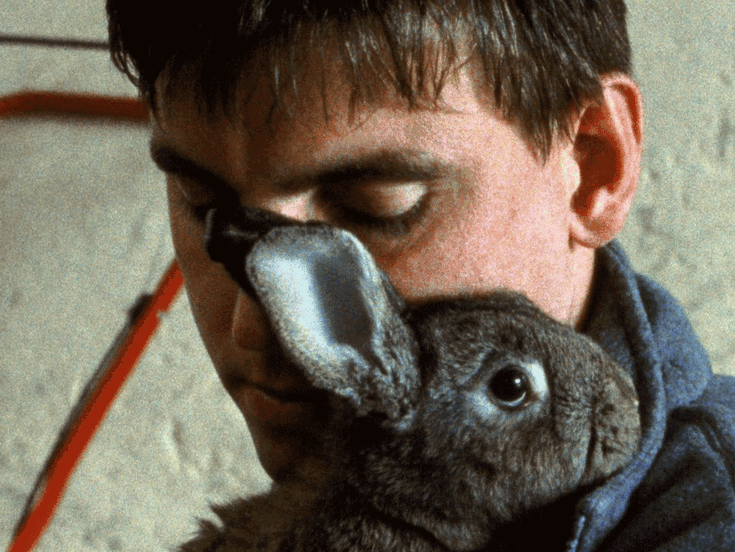Week 20/2023
“It’s the one with the fewest flaws,” said Indian director Satyajit Ray over his film Charulata. Based on a novella by Rabindranath Tagore, this delicate tale about a woman's forbidden desire for her husband's cousin opens with what is perhaps one of the most beautiful opening sequences in the history of cinema. Not only do the carefully orchestrated tracking shots and thought-out composition testify to Ray's cinematographic genius, but the scene also ingeniously acts as a microcosm of the film as a whole, foreshadowing aspects of its yet to unfold narrative though implicit hints and suggestions.
Forbidden desire is also at the heart of Valeska Grisebach's Sehnsucht, a slice of life portrait of a volunteer firefighter whose brief affair with a waitress leaves him conflicted. Like many of her colleagues from the 'new berlin school,' Grisebach's fiction films are greatly informed by her background in documentary filmmaking. By using documentary strategies, she shapes reality into fictions, or rather, uncovers the fictions woven into the fabric of reality. A key element in this interplay between artificiality and authenticity is the use of non-professional actors, whose real lives inevitably shine through in their acting, fusing their own story with that of their character.
One of the peculiarities of the history of Belgian cinema – if such a thing even exists – is that it began with a Frenchman. In 1909 Alfred Machin was sent to Belgium by the French production company Pathé to set up the first Belgian production studio, for which he directed several films himself. The selection of short films shown at DeCinema aptly illustrates Machin's position between tradition and modernity. Although the themes and plot are of the most traditional melodramatic kind, the cinematography and editing show his eagerness to explore the possibilities of the new medium.


